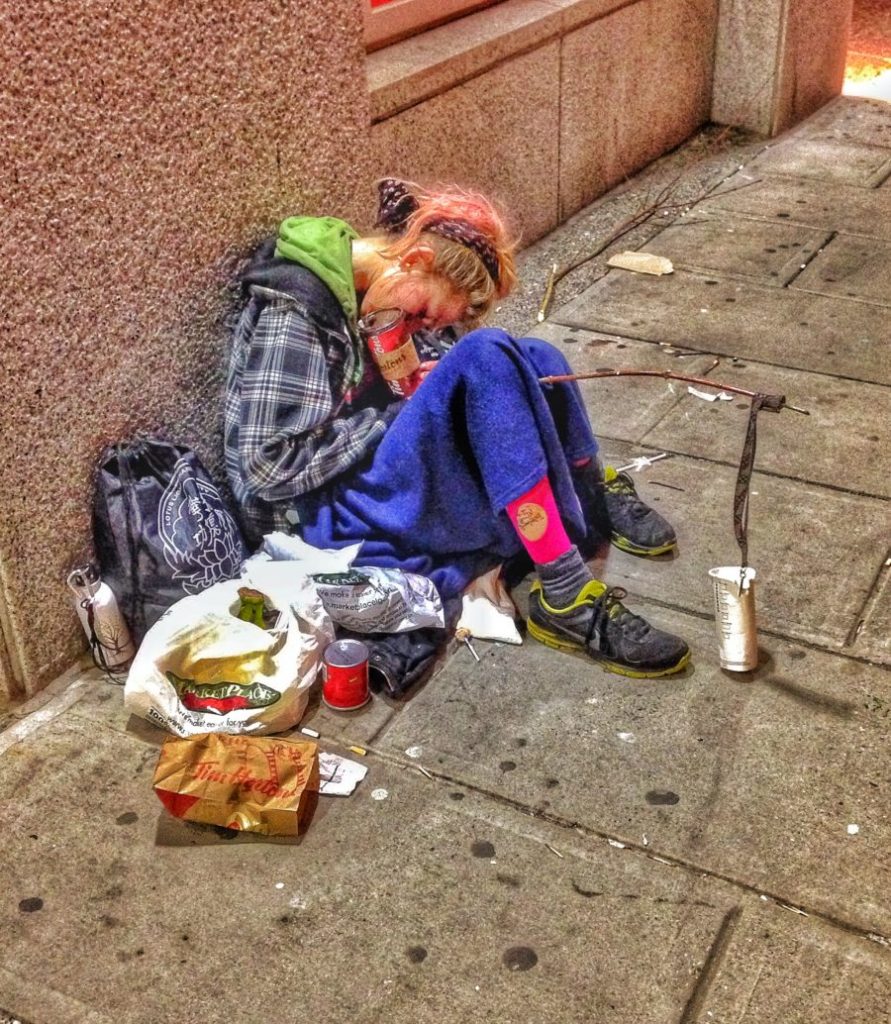
Earlier this month, I attended a professional conference in Portland, Oregon. I encountered many homeless people, so it made me think about my privileged role of flying to their city, having a safe hotel room, conducting my business and leaving. What can, or should, I do?
At the conference, I posted a request for how I could donate to a Portland organization that helps the homeless. It seemed like a decent thing to do. It would be a small way of acknowledging my connection to Portland, a city I have enjoyed visiting many times.
But a colleague from Idaho, Dr. Katherine Himes, offered a story that challenged my sentiments. Am I doing something just so I feel good? Is the transaction, arms-length donation what is really needed?
Katherine opened my eyes, by telling me about a new organization that utilizes collective impact to address homelessness. In particular, people and organizations collaborate in a deliberate and meaningful manner to create a community-wide approach to help people get back on their feet.
Wyatt Schroeder, CATCH, Inc.’s executive director, explained the model to Katherine this way: Rather than leave a bag of clothing on the doorstep of a homeless support organization and feel like that transaction will ignite societal change, consider a slight shift in behavior. Put people first. Call the support organization and ask what help is needed. This requires time, but leads to a relationship of empathy, empowers others by honoring their journey, and puts everyone on equal footing.

Thanks to Katherine, I am still figuring out what I will do. I cannot really have an ongoing relationship with homeless people (and those that help them) in Portland, Oregon. A short-term transactional approach (giving money) seemed OK. But now, I’m home. So what is my relationship to homeless people where I live? What kind of effort am I willing to make to dig into the social change aspects of homelessness?
I don’t know. I recognize I protect myself from much of the world’s suffering by choices I can afford to make as a secure, middle-class home owner. But I am being pulled by a call for community – for real connection and for partnership rather than paternalism.
Thank you to Katherine for posing a stronger question, even if I do not yet have an answer.
FYI, consider several previous blog posts related to people who are homeless, substandard housing, and what kind of help is needed or is best:
Great article, John. So very true. Most of the time we want to give money and feel like we’ve done our duty to society, but in reality, have we? Or are we just enabling these to continue on the same path? Organizations that provide food and clothing are helpful and needed, but more needs to done to get those less fortunate back onto their feet. Many have been left behind due to lack of education, some have just fallen on hard times; and one must admit, there are some that just want to live that way. Nonetheless, as a society, we should do our best to be a part of the solution.